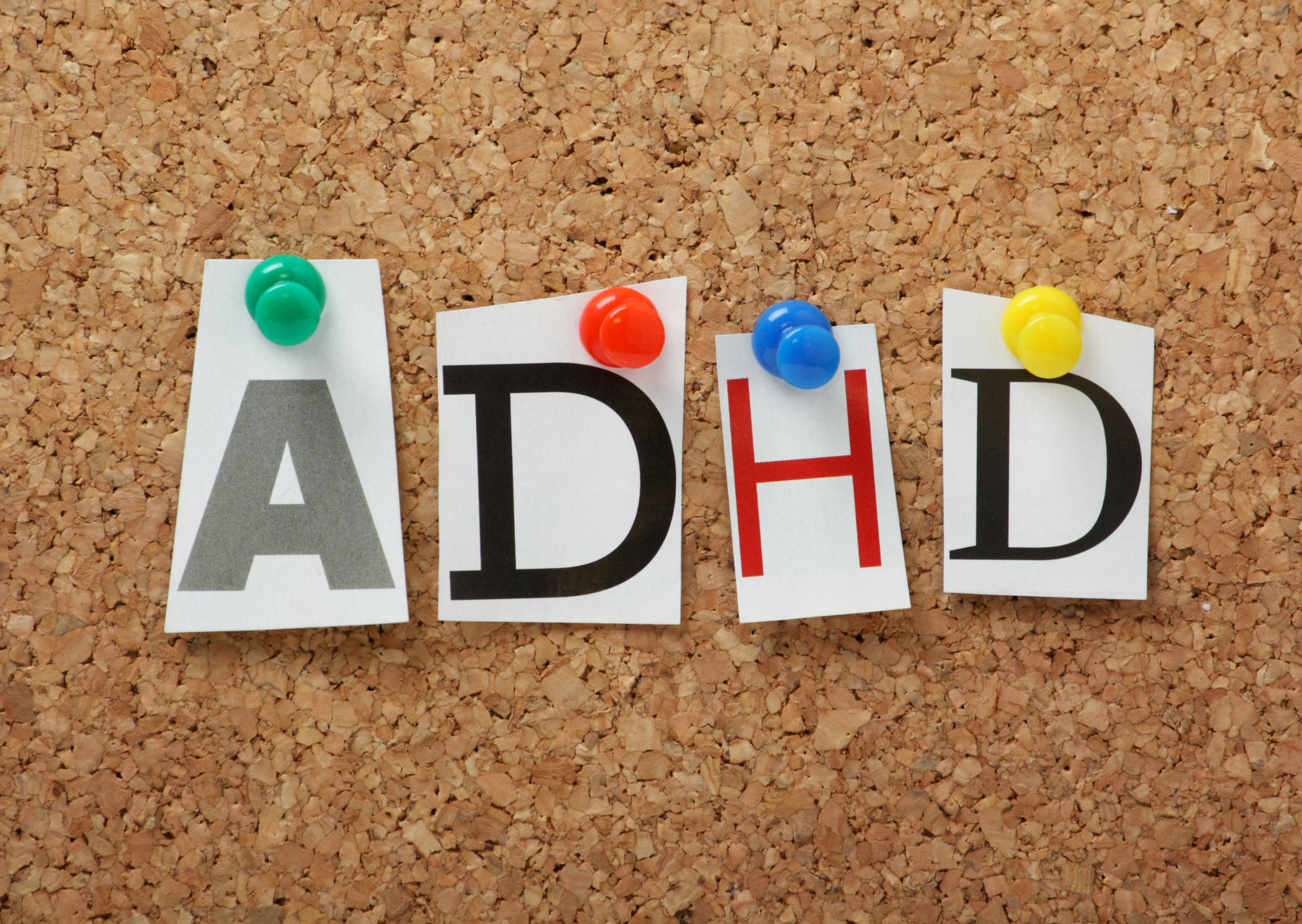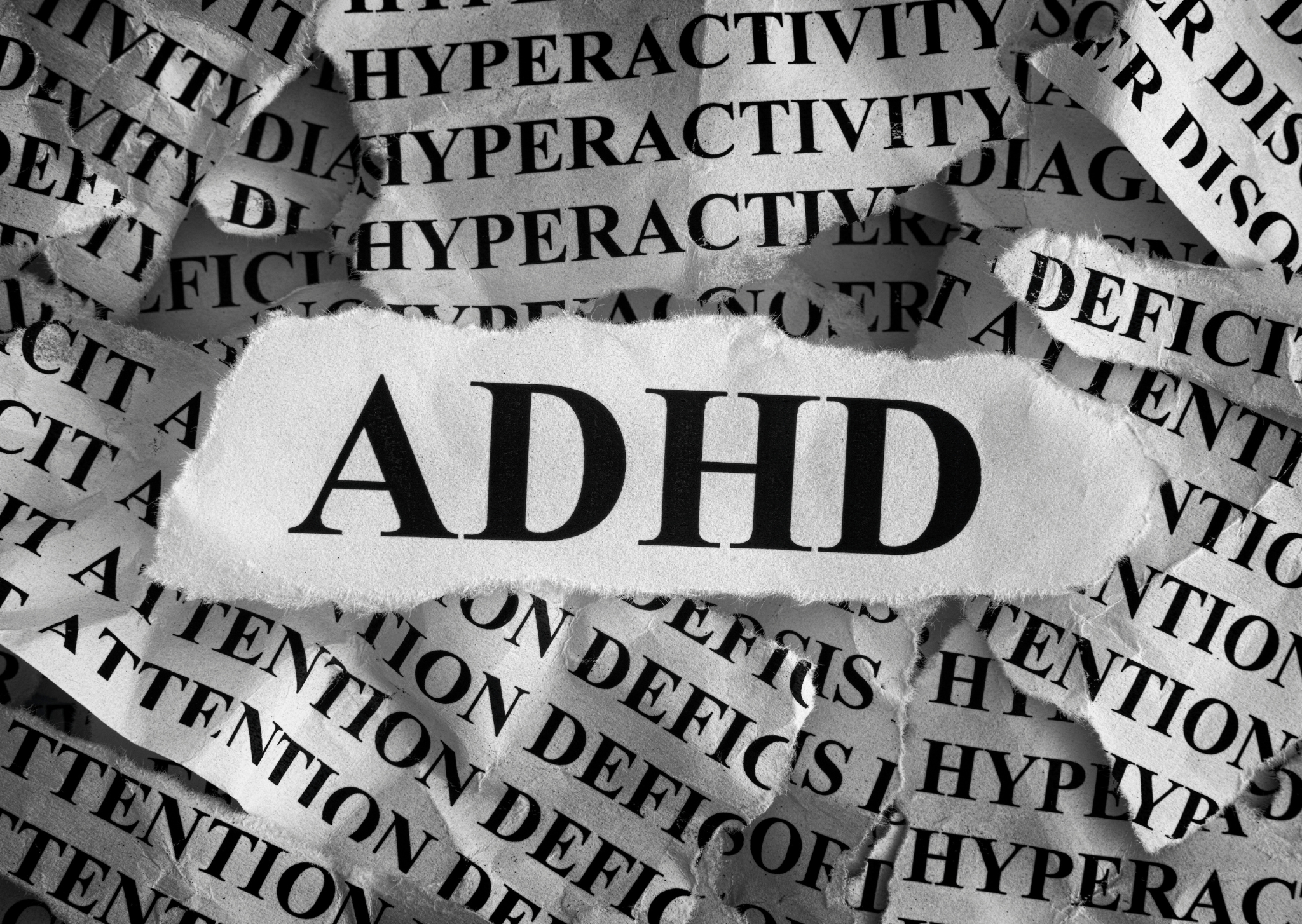What Is the Best Way to Test Whether I Have ADHD at Home?
11th Nov 2024
Attention Deficit Hyperactivity Disorder (ADHD) is a mental health condition that affects both children and adults. It impacts brain functioning, leading to symptoms such as trouble paying attention, hyperactivity, and impulsivity.
If you suspect you may have ADHD, you might be interested in ADHD screening methods you can try at home. This article explores the best ways to assess ADHD symptoms yourself and emphasises the importance of consulting a healthcare provider for an accurate diagnosis and appropriate treatment.
Understanding ADHD Symptoms
ADHD, or Attention Deficit Hyperactivity Disorder, is a neurodevelopmental disorder characterised by symptoms of inattention, hyperactivity, and impulsivity. These symptoms of ADHD can significantly affect a person's life, interfering with daily activities, work performance, and relationships. Common ADHD symptoms include:
- Trouble paying attention: Difficulty focusing on tasks, making careless mistakes, and being easily distracted.
- Hyperactivity-Impulsivity: Fidgeting, trouble sitting still, excessive talking, and trouble waiting their turn.
- Inattentive ADHD: A subtype where inattention is the predominant symptom.
- Combined ADHD: When both inattentiveness and hyperactivity-impulsivity symptoms are equally present.
The Diagnostic and Statistical Manual of Mental Disorders (DSM-5), published by the American Psychiatric Association, outlines the criteria for diagnosing ADHD. According to the DSM-5, six or more symptoms must be present in two or more settings (e.g., home and work) for a proper diagnosis.

At-Home ADHD Testing Methods
While there is no single test to diagnose ADHD, several at-home ADHD screening tests can help you identify symptoms that resemble ADHD. These methods include:
Self-Assessment Questionnaires
- Rating Scales: Tools like the Adult ADHD Self-Report Scale (ASRS) allow you to evaluate how your symptoms affect your daily life. These rating scales focus on common ADHD symptoms such as inattention and hyperactivity-impulsivity.
- Behavior Assessment Systems: These systems help in assessing your behavior over time, highlighting patterns that may indicate ADHD.
Behavioral Journaling
- Daily Logs: Keeping a journal of your activities can help identify instances of trouble paying attention, hyperactive behavior, or impulsivity.
- Tracking Symptoms: Note when you are easily distracted or make careless mistakes, as these could be symptoms of ADHD.
Family Health History
- Family Members: or Attention Deficit Hyperactivity Disorder (ADHD) can be hereditary. Discussing with other family members about any history of mental health disorders, including ADHD, can provide insight.
- Family Health History: Understanding your family's mental health can help identify if you are at a higher risk for ADHD.
Online ADHD Screening Test
- ADHD Screening Tools: Various online platforms offer ADHD screening tests that can help you assess your symptoms.
- Other Tests: Some websites provide additional tests to rule out other mental health conditions that may have similar symptoms.
Interpreting Your Screening Results to Diagnose ADHD
After completing at-home ADHD testing, it's crucial to interpret the results carefully:
- Symptoms Across Settings: ADHD symptoms must be present in two or more settings. If symptoms only appear at work but not at home, they may not indicate ADHD.
- Similar Symptoms: Conditions like anxiety disorders or learning disabilities can cause similar symptoms. An accurate diagnosis requires ruling out other medical causes.
- Severity and Impact: Assess how much the symptoms affect your daily functioning. Significant impairment in multiple areas of life suggests the need for professional evaluation.
Remember, while at-home ADHD test can highlight potential symptoms, it cannot provide a proper diagnosis. A healthcare provider must conduct a comprehensive Attention Deficit Hyperactivity Disorder (ADHD) evaluation for a reliable diagnosis.

Seeking Professional ADHD Diagnosis and Treatment
If your at-home ADHD test indicates you might have attention deficit disorder, it's essential to follow up with a health care professional for a comprehensive evaluation. Here’s a closer look at the next steps and what to expect:
- Consulting a Healthcare Provider: Reach out to a primary care provider or mental health professional skilled in diagnosing ADHD. They’ll guide you through a thorough assessment to confirm the diagnosis.
- Comprehensive ADHD Evaluation: The evaluation process for ADHD typically includes various assessments such as physical exams, in-depth interviews, and standardised rating scales like the Vanderbilt Assessment Scale or the Child Behavior Checklist. These tools help professionals measure behavioral symptoms associated with ADHD and can distinguish between similar conditions, such as an anxiety disorder or attention deficit disorder.
- Rule Out Other Medical Conditions: Sometimes, medical tests may be needed to rule out other health issues that could be causing ADHD-like symptoms. This step is crucial to ensure a reliable diagnosis and to determine the best treatment options tailored to your needs.
- Appropriate Treatment Plans: If you receive a diagnosis of ADHD, your healthcare provider will guide you through treatment options tailored to your needs. This may involve behavioral therapy, medication, or lifestyle adjustments to help manage symptoms effectively.
A reliable diagnosis is essential for effectively managing ADHD symptoms and finding the right treatment path. Only a qualified healthcare professional can diagnose ADHD, ensuring you receive the most appropriate care to enhance your quality of life.
This process typically involves a detailed assessment that includes a physical exam, which helps rule out other potential health conditions, and the use of tools like the Behavior Assessment System to evaluate behavioral patterns.
These steps provide a comprehensive view of your symptoms, allowing your healthcare provider to create a targeted treatment plan that addresses your specific needs and goals.

Key Takeaway
At-home ADHD screening methods, such as self-administered ADHD tests, can be a helpful first step in identifying ADHD symptoms. However, they cannot replace a comprehensive evaluation by a healthcare provider, as only a professional can provide an accurate ADHD diagnosis.
If you suspect you have Attention Deficit Hyperactivity Disorder (ADHD), it's important to seek a professional assessment to diagnose ADHD according to the criteria established by the American Psychiatric Association.
Taking proactive steps toward understanding and managing your mental health is vital for your overall well-being.



